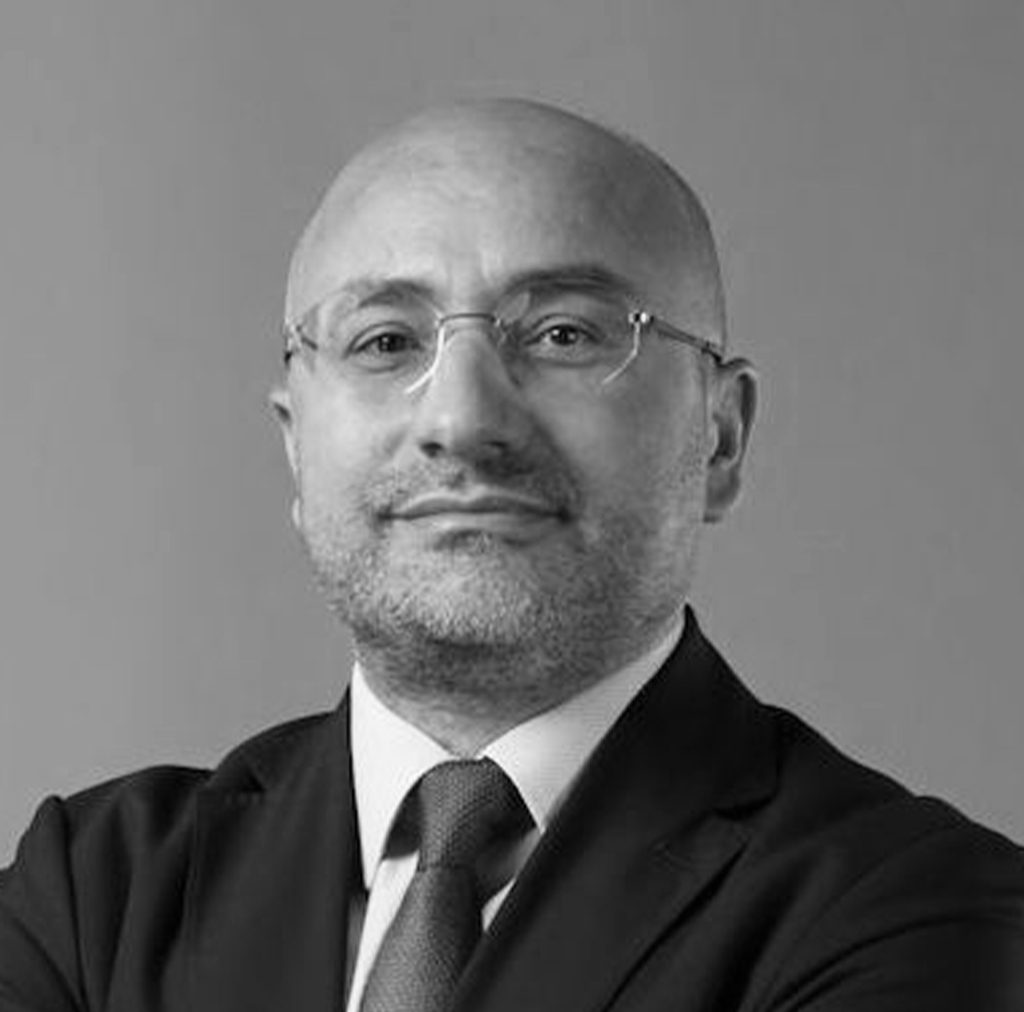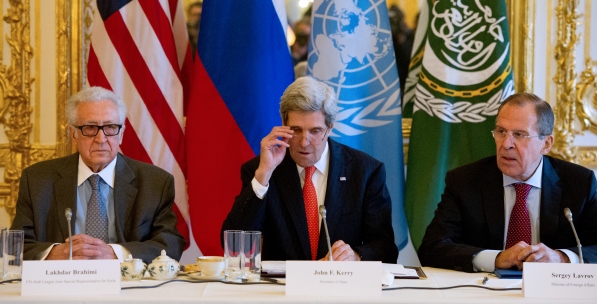A vast array of international meetings has been held in order to end violence in Syria since the very beginning. Given that the peace plan introduced by the Arab League in December 2011 yielded no results, the United Nations (UN) and the Arab League together launched the Annan’s Peace Plan for Syria. Also through Turkey’s efforts, other meetings such as those of the Friends of Syria sought the resolution of the Syrian issue. One of the main reasons why these meetings were held under different names and umbrellas was that the international community failed to reach a joint decision under the UN and the subsequent efforts based on regional initiatives differed in their Syrian agenda. Consequently, the meeting in Geneva entitled “Action Group for Syria” on June 30, 2012 aimed to create a structure where each and every party other than the UN could participate. Organized by then the UN-Arab League Joint Special Representative for Syria, Kofi Annan, this meeting was deemed to be perfectly legitimate one where China and Russia could also participate as other meetings under the UN failed because China and Russia did not take part like the meeting of the Friends of Syria. Called as the First Geneva process, the most significant result of this meeting was the final communiqué on which the UN permanent representatives agreed.
RESULT OF THE FIRST GENEVA…
The main agenda of the first meeting was to determine the roadmap in the post-Assad period and Bashar al Assad’s role in the transition period marked the meeting. The first concrete suggestion in the meeting was the establishment of a transitional governing body which can establish a neutral environment. This transitional governing body would include all parties in Syria notably the opposition groups. Given the insistence of Russia, nevertheless it was uncertain whether or not Assad would be included in the transitional governing body. Other suggestions included the review of the constitutional order and the legal system; submission of the result of this review for popular approval and preparing for free and fair multi-party elections once the new constitutional order is established. Given the role of Russia and China, the Syrian administration welcomed the decisions of the first meeting. The Syrian National Council (SNC), however, protesting the decisions on the grounds that “Geneva Consensus” excluded them stated that they would reject models of government imposed by external actors for the post-Assad period. As a result, the first Geneva process did not produce any concrete output for the resolution of the Syrian issue but created an expectation for bringing together a diverse array of actors whose agendas on the future of Syria greatly differ.
Efforts were intensified to convene for a second conference as of May 2013 following the First Geneva Conference; however, the date of the conference was consistently postponed. Whether or not the Syrian opposition will participate in the meeting and the failure to reach a consensus among other participants played a critical role in this put-off. The involved parties held numerous prep meetings for the Geneva-2 with different agendas and participators in different countries, and finally decided to hold the meeting on January 22, 2014. The most noteworthy of these prep meetings was held on October 22, 2013 in London with the participation of the foreign ministers of 11 countries; i.e. the Core Group of the Friends of Syria . This meeting was significant in that the SNC took part in this meeting and the participants adopted a three-phase road map for the resolution of the Syrian issue.
The first phase included works to be carried out with the Syrian opposition prior to Geneva-2. Since the Syrian opposition has failed to come under one single umbrella and no clear consensus exists among members, there is no one single body to address. The lack of consensus among the members of the Syrian opposition and







